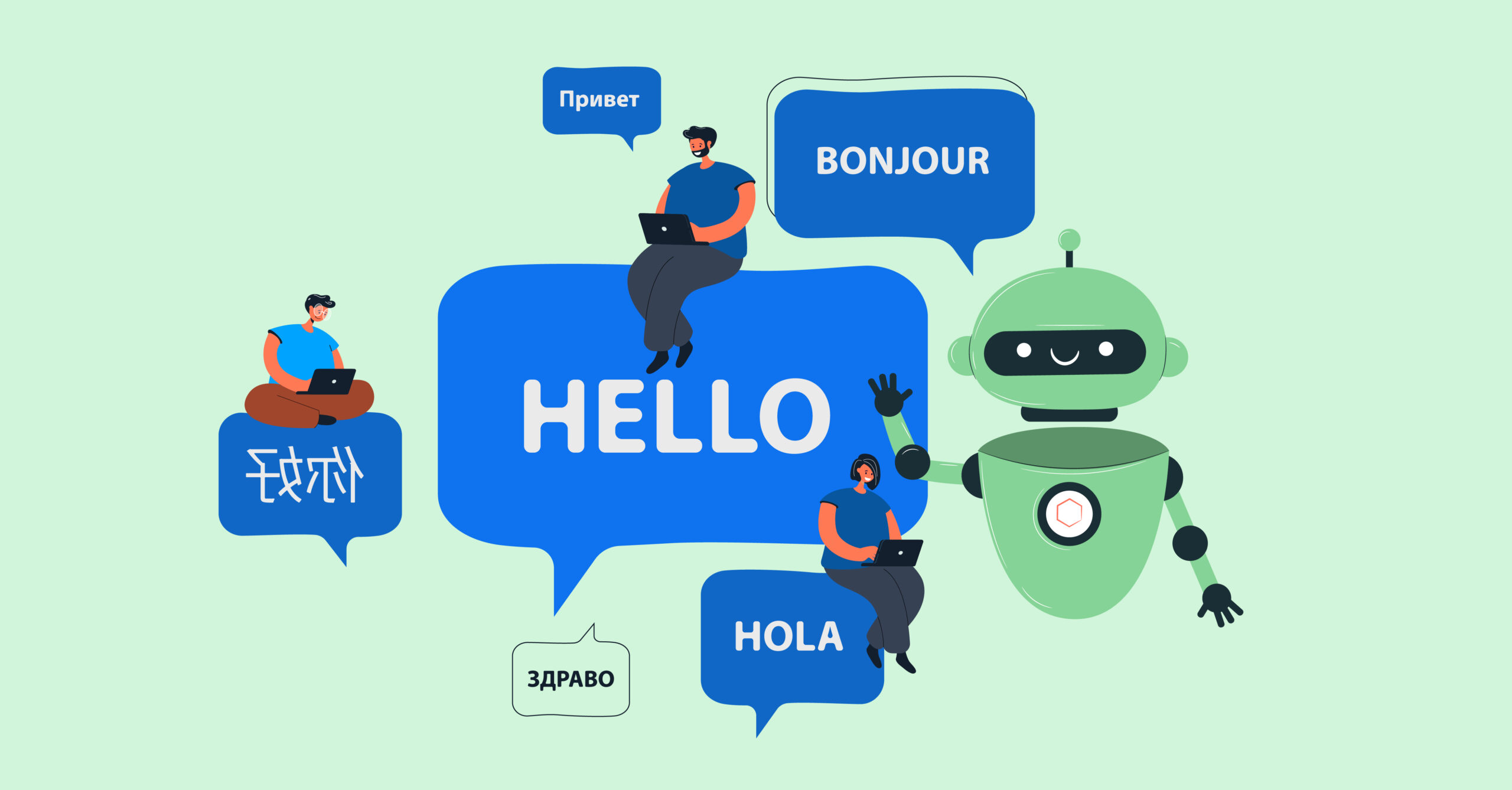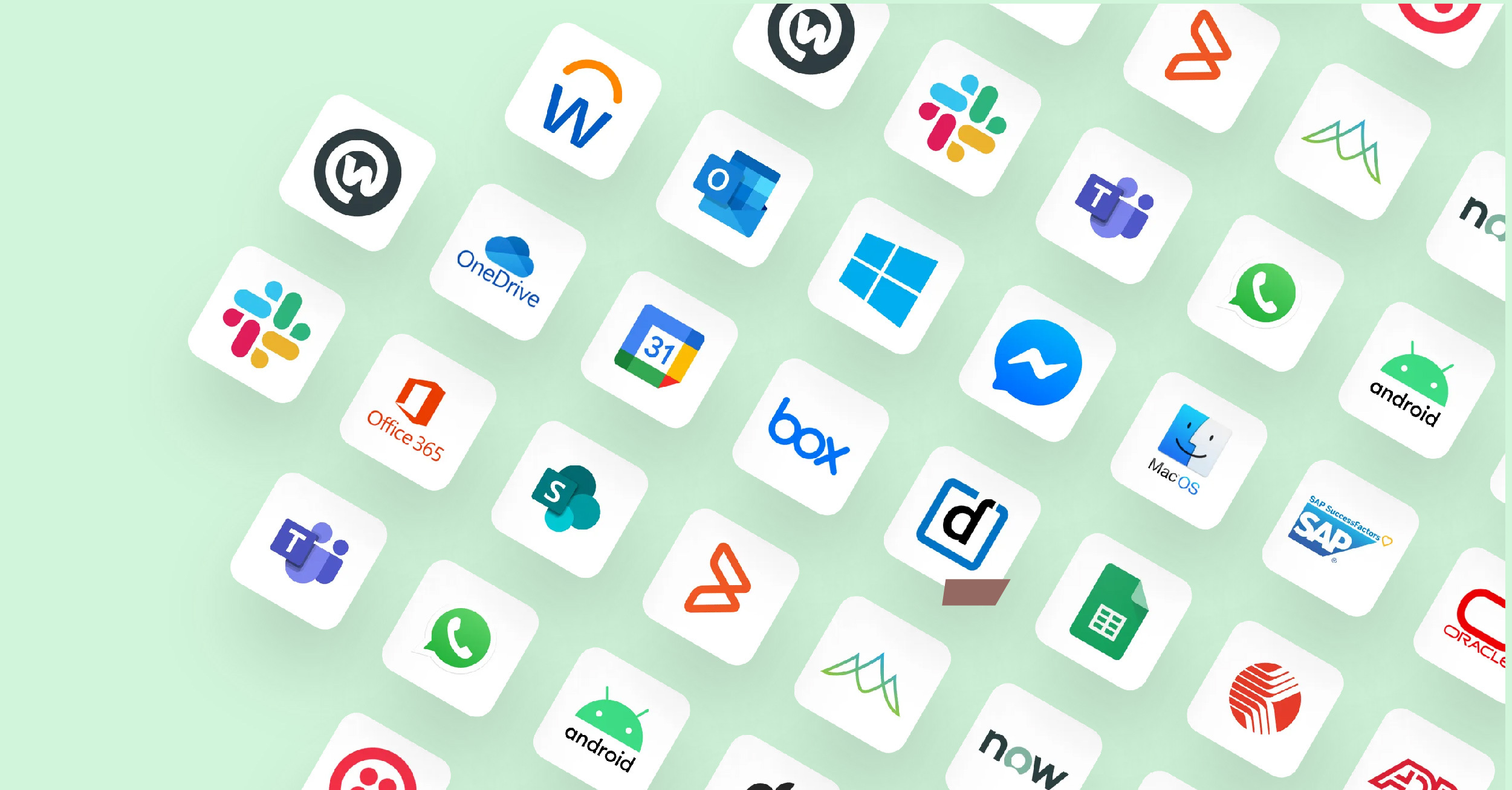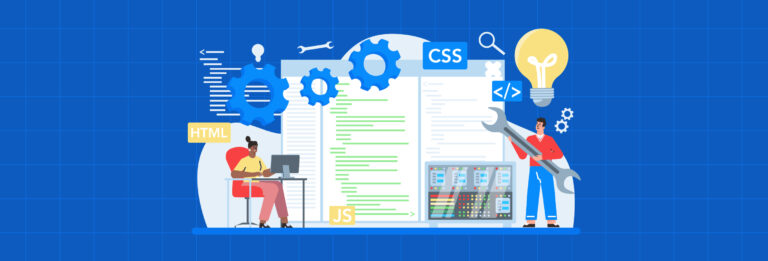Employee experience has outpaced compensation, perks, and benefits as the key brand differentiator in recent years. Studies indicate that vast majority of the employees are ready to trade off compensation benefits with superior experience and workplace culture. However, failing to deliver such contextual experiences in these extraordinarily challenging times can turn into a recipe for disaster.
As employees become more digital-savvy and expect personalized experiences across multiple touchpoints, companies and HRs need to bridge this gap on a war footing by making the most of conversational AI platforms and virtual assistants.
Virtual assistants (VAs) are application platforms driven by artificial intelligence, machine learning, and natural language processing. They aim at automating the repetitive, manual administrative tasks of HRs throughout the employee lifecycle.
HR intelligent virtual assistants take over a significant portion of the day-to-day administrative responsibilities of HR teams. As a result, HRs feel more focused on strategic, innovative, and value-adding work, such as maintaining a work culture, designing workplace policies, ensuring the health and safety of employees, and monitoring performance, for driving business growth.
If you aspire to use the virtual assistants to gain the much-needed edge but don’t know how and where to even begin, read through this blog to know the must-have capabilities of an HR virtual assistant.
9 Things to Consider Before Selecting a Conversational AI Virtual Assistant For HRs

Gartner estimates that, by 2022, AI-derived business value will reach $3.9 trillion.
Fortunately, delivering exceptional employee experiences is not that hard if enterprises use the power of artificial intelligence. Further, as employees expect to interact with and access relevant information at their fingertips, the need for AI-driven virtual assistants has never been more urgent.
Here are the 9 things that enterprises should consider before selecting an HR virtual assistant:
What will be the purpose of your AI-powered HR virtual assistant?
Employees no more want to reach out to HRs indelibly to get their queries addressed. Instead, they want a platform that resolves their concerns and provides quick solutions.
Companies that still follow traditional methods will find it challenging to engage and retain employees in the war of talent.
People-centric companies know that employees expect consumer-grade experiences. Therefore, to better serve them, companies need to evaluate the challenges they or HRs face while delivering services to the employees. This will help them understand where the opportunities exactly lie for the HR virtual assistants. Enterprises can connect with HRs and key stakeholders to figure out the most important tasks that need to be automated or optimized.
Consider that virtual assistants are not one-size-fits-all AI solutions. Determining your intended purpose for the AI virtual assistant will help you decide on a solution partner as well. Choose one with experience in the industry because they understand the needs of employees and HRs and the features that companies want.
Leena AI is a Gartner-recognized conversational AI platform provider that enables HRs and enterprises to transform their employees’ experiences. With over 3 million employees using Leena AI solutions, we bring on board our expertise to chalk out tailored solutions best suited for your business needs.
Does the HR virtual assistant offer customization capabilities?
Every company has unique challenges and requirements. Organizations that take a general approach toward finding an HR virtual assistant might end up with an excellent assistant, however, it may not necessarily be appropriate for them in the first place.
Companies should invest in an AI-powered HR virtual assistant that is easily accessible and customizable as per their requirements. Since companies are no longer dependent on the time-consuming and highly technical skills required to build and manage the platform, they need to seek out an easy-to-use, code-less platform that empowers their HR professionals to deliver services to employees efficiently.
Leena AI offers customizable AI-powered HR virtual assistants that companies can use to optimize their multiple enterprise functions seamlessly. Know how it helped Coca-Cola in increasing their employees’ productivity with a customized solution.
Does the HR virtual assistant support multilingual functionality?

If your company serves a specific group of employees, they will likely speak the same language and share the same culture. In that case, your company may be comfortable with virtual assistants trained to provide communication in one language.
However, if your employees are present globally, your company might face insurmountable challenges in serving them due to the language barriers. Such scenarios can lead to negative employee experiences with the company.
But thanks to recent breakthroughs in artificial intelligence, deep learning, and natural language processing technologies, HR virtual assistants can now offer multilingual support. Leena AI’s virtual assistants for HRs work across multiple languages to increase its adoption rate among employees and help them get quick and accurate responses.
Does the HR virtual assistant provide human-like experiences?
It may seem obvious but there is a world of difference between a virtual assistant answering a question and holding an intelligent conversation. An engaging exchange not only improves the employee experience but also delivers them relevant information promptly.
However, to achieve this, the user interface needs to be as human-like and conversational as possible.
An AI-powered HR virtual assistant must understand the employees’ sentiments and intent, no matter how complex the sentence is, and be able to ask questions in return to remove ambiguity or simply to discover more about the employee. Further, the HR virtual assistant should be able to seamlessly raise the ticket for the complicated queries to HRs without impacting the employee experience.
AI-powered HR virtual assistants like Leena AI understand that every employee is unique as it interprets intent in the queries and responds with accurate, contextual information. The smart assistant harnesses the power of natural language processing to assess keywords, tone, context, etc., for delivering delightful interactions round the clock.
Does your HR virtual assistant provide insights into employees’ behavior?
Conversational AI is one of the world’s most powerful behavioral analysis tools when extrapolated properly. HR virtual assistants with simple pre-built dashboards and metrics give companies unprecedented insights into the way their employees think, act, and behave.
When employees interact with their digital HR virtual assistant, they leave behind a footprint of how they are feeling. Mining those words through unstructured text such as chats and emails to gather insights into how the workforce is feeling is known as sentiment analysis.
Using this AI-powered HR virtual assistant, HRs can analyze the data generated from conversations between employees and their virtual assistants to understand the most common pressure points or the mood of the workforce in general. This can be done at different levels of the organization to identify and divide employees into groups requiring support. HRs can accordingly craft strategies to uplift staff morale and stop attrition.
When companies choose a conversational, AI-driven virtual assistant, they should find out what data it will provide and how it will present the information. Data should be organized for your HR teams to understand and analyze.
Does the HR virtual assistant integrate with your existing tools and channels?

With a conspicuous number of virtual assistants in the market, your enterprise will need to ensure that the AI virtual assistant you select integrates seamlessly with your systems and workflows to ensure there are no issues or service disruptions for employees.
Choose an HR virtual assistant that provides an all-encompassing experience. It should be flexible enough to run on various platforms such as Slack, Microsoft Teams, and WhatsApp, and integrate with different HRIS tools like Workday, Oracle -people soft, SAP applications, to name a few. This way your employees can connect with HRs with the choice of their platform at their preferred time.
For example, if they contact HR using Slack, they should not be denied services because the assistant only supports Microsoft Teams. Besides, employees should have the flexibility to access information on any device. Therefore, companies should focus on providing a seamless, instant, and effective support service to their employees irrespective of the device and channel they use.
Leena AI’s HR service delivery suite seamlessly integrates with hundreds of commonly used applications. You can book a demo to understand your API integration requirements better.
Does the HR virtual assistant offer personalization?
Employees do not prefer talking to some virtual assistant that provides monotonous, repetitive responses to their queries. To enhance employees’ satisfaction, progressive companies should invest in an AI-powered HR virtual assistant that offers a high level of personalization and makes employees feel close to and intimate.
A smart HR virtual assistant should have the personalization capabilities, such as:
- Understand context, history to have accurate responses
- Identify employees and provide personalization by their names
- Engage employees and be aware of their sentiments.
While some information can be learned explicitly, it is automated learning through implicit methods, like information gleaned from previous interactions, that harnesses the power of conversational AI. This can be then combined with other information and data sources such as geo-location, type of issue raised earlier, etc., to personalize the conversation even further.
Does it support cloud infrastructure? How secure is it to host an HR virtual assistant platform on the cloud?
Employees share a lot of personal and professional information with your company while conversing with the HR virtual assistant. Protecting their data should be your company’s utmost priority.
While many countries have enforced regulations like GDPR and CCPA to ensure companies strictly abide by the guidelines of securing employees’ information from threats, there should be governance guidelines set up while dealing with AI.
Companies should get proper consent from employees to avoid issues due to the complexities of AI and the training data involved. In some cases, employees might not be aware that their data is being collected. This lack of transparency can make enterprises lose employees’ trust.
Some of the possible security guidelines could be:
- Providing privacy notice to employees explaining why their data needs to be used for the AI solution to provide desired results. Infosec departments should create policies to give employees clarity on what data is permissible and not permissible for AI solutions to collect.
- The virtual assistant should not store any personally identifiable information or confidential information during the processing of an employee request.
- Companies should have appropriate controls in place around HR data. If they don’t, then the output delivered by the algorithm will be flawed and lead down a path of wrong decisions.
Further, using cloud solutions – from on-premise setup to hybrid cloud setup and a complete cloud solution will ensure the highest levels of encryption.
What pricing model does the AI virtual assistant use?
Budget is always an essential factor in making a buying decision. However, in this case, it is important to note that not all AI virtual assistants give you a straightforward sticker price. AI virtual assistants are priced using a variety of models that influence costs. For example, one AI virtual assistant may charge using a recurring licensing fee, while another charge is based on the number of employees.
When choosing an AI virtual assistant, carefully review the pricing model and pick those features that your company needs and ultimately, ensure it aligns with your budget.
You can deploy a customized virtual assistant and pay only for the features you want. While it will be economically viable for your enterprise, do not forget to check with your solution provider about their dedicated customer support team and roadmap to enhance the intelligence of the virtual assistants over time. It will only ascertain your organization’s growth.
Bottom line
Artificial intelligence-driven HR virtual assistants will continue making progress in the foreseeable future, pushing the boundaries of HR management. Reaping the benefits of these HR digital assistants at scale while aligning them with your business objectives will require you to ponder over the above and many other questions.







